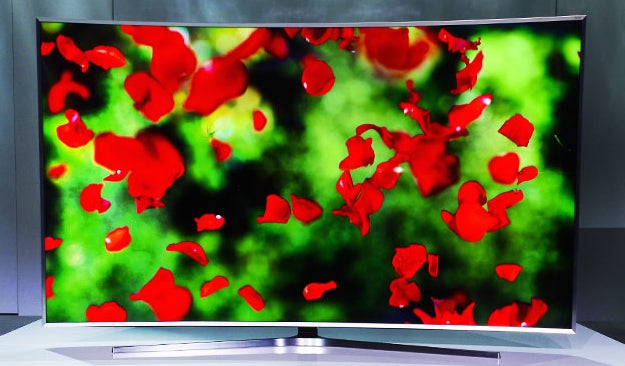Samsung is ditching 3D TVs – just like everyone else

It’s looking more and more likely that Samsung has ditched 3D TV technology altogether.
Back in February reports from Korea suggested that both Samsung and LG – two of the biggest names in TV tech – were ditching 3D from their respective TV lineups.
Now an anonymous source from within Samsung has told SamMobile that it won’t be making a 3D-compatible TV in 2016.
The new focus for the wider TV industry has been 4K resolutions and HDR technology, with the latter in particular seeming to have replaced 3D as the key buzzword at tech shows.
High dynamic range technology leads to greater colour contrast and a more convincing, realistic picture. It also complements the push towards a new 4K resolution standard, with the added bonus that it doesn’t need silly glasses to work or give you a headache.
Related: HDR TV explained
Samsung’s other focus of late has been on Quantum Dot panel technology, which closes the gap to LG’s OLED technology in terms of colour contrast, and helps it with the implementation of HDR.
Indeed, recent reports suggest that Samsung will hit us with its new QLED TV technology in 2018, which promises to combine the key attributes of Quantum Dot and OLED technology for a range of super-vibrant yet relatively affordable TV sets.
Related: What is QLED?
In terms of immersive content, Samsung’s attention is otherwise occupied with its Gear VR headset.
In the midst of all this, 3D finds itself once again looking somewhat antiquated and non-essential.
Trusted Explains: All you need to know about TVs
Are you sorry to see the apparent end of 3D home cinema? Let us know in the comments.


